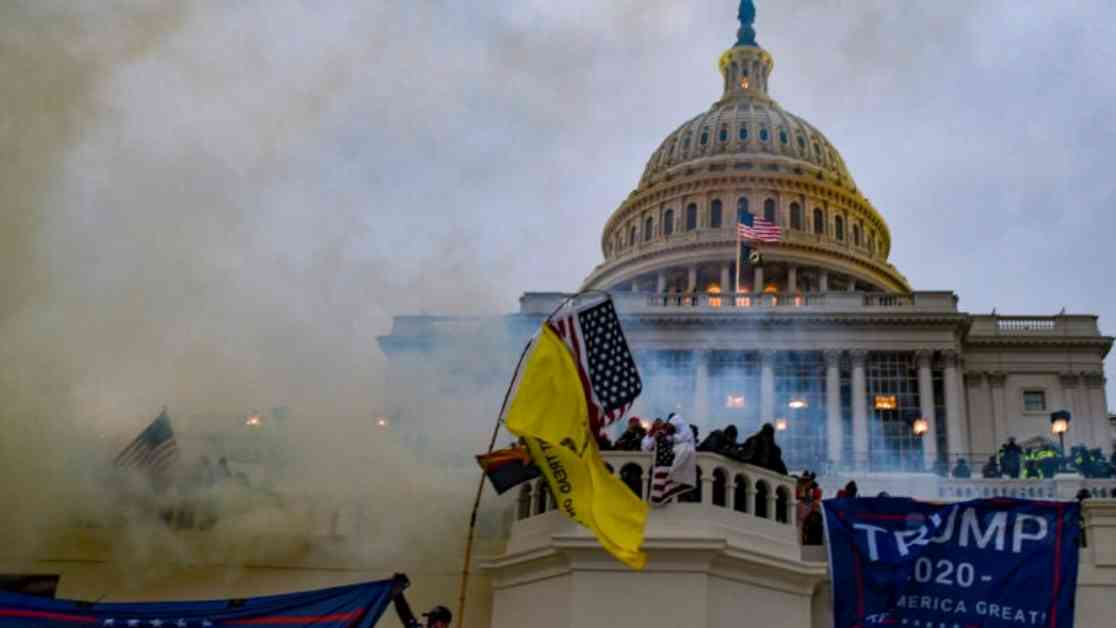Boston Police Officer Joseph Abasciano’s Termination Over Jan. 6 Tweets Vacated
The termination of Boston Police Officer Joseph Abasciano, who was fired for posting tweets in support of Donald Trump during the Jan. 6, 2021 “Stop the Steal” rally in Washington, D.C., has been vacated by the state Civil Service Commission. This decision comes after two internal BPD investigations in 2021 found no violations of department rules by Abasciano. However, new BPD leadership in 2022 came to a different conclusion, leading to his termination for “conduct unbecoming.”
Background of the Case
Joseph Abasciano, an Iraq War veteran who joined the BPD in 2007, had a clean disciplinary record and was well-regarded by colleagues. Despite accumulating injuries and being on continuous sick leave, he attended the Jan. 6 rally in Washington, D.C., with another off-duty officer, where they listened to Trump’s speech but did not participate in the Capitol riot.
The tweets posted by Abasciano, expressing passionate political views, were found to be constitutionally-protected instances of private free speech by the Civil Service Commission. The commission favored the findings of the 2021 internal investigations over the 2022 decision to terminate Abasciano.
Expert Testimony and Review
During a commission hearing following Abasciano’s termination, Boston Police Captain Sean Martin testified that Abasciano’s political views did not impact his policing. Martin described Abasciano as emotional and passionate about politics but stated that he had never seen this affect his job performance or interactions with others.
The commission’s decision to vacate Abasciano’s termination was based on the conflicting reports from different years, with the 2021 investigations deemed more thorough, objective, and reflective of the actual facts surrounding Abasciano’s actions on Jan. 6, 2021.
Conclusion and Implications
The reversal of Abasciano’s termination highlights the complex nature of free speech rights and the challenges faced by law enforcement officers in expressing personal views. The case serves as a reminder of the importance of upholding constitutional protections while maintaining professional standards within police departments.
As Abasciano awaits further adjudication on the specifics of his case, the implications of this decision extend beyond his individual circumstances to the broader considerations of free speech in the context of public service.
—
As a former law enforcement officer myself, I understand the fine line that officers often walk between personal beliefs and professional responsibilities. The case of Joseph Abasciano sheds light on the complexities of navigating these issues, especially in today’s politically charged climate. It serves as a poignant reminder that individuals, regardless of their profession, have the right to express their opinions while upholding the standards expected of them in their roles. How do we balance the protection of free speech with the need for accountability in public service? This question continues to resonate in our society, prompting us to reflect on the values that underpin our democratic principles and the responsibilities that come with exercising our rights.






